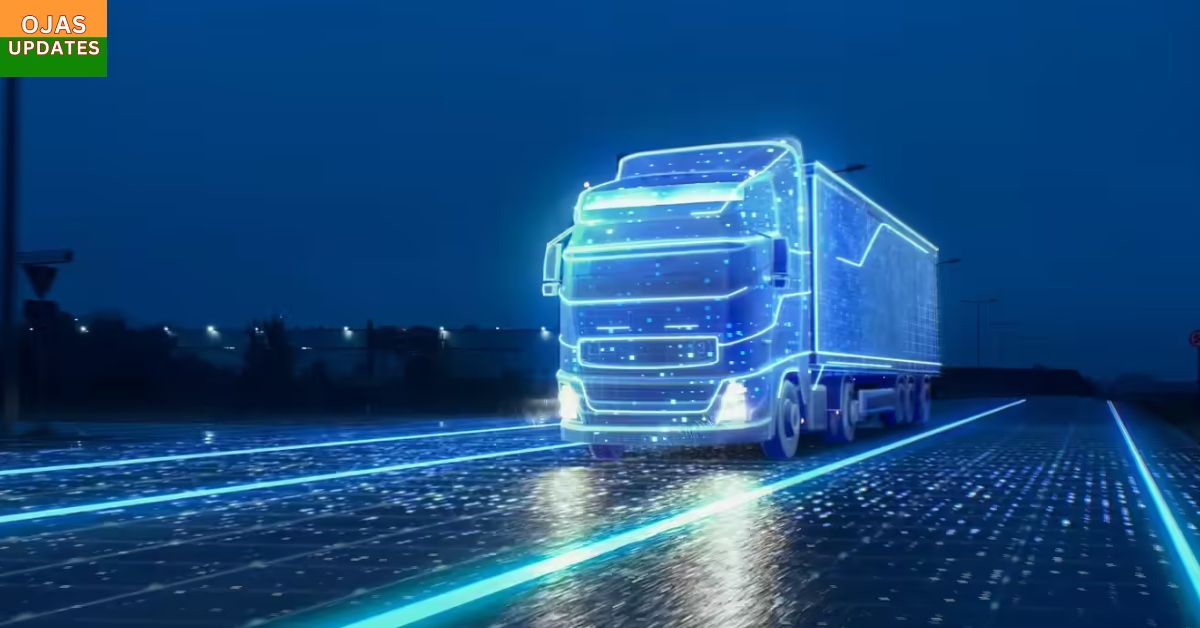Volvo Group and Daimler Truck’s joint venture, Coretura AB, is exploring India—specifically Bengaluru—as the site for its second global R&D center. The move underscores India’s growing importance in the global automotive technology ecosystem, particularly in software-defined vehicles and embedded engineering.
🌍 A Strategic Partnership for the Future
In June 2025, Volvo Group and Daimler Truck announced the launch of Coretura AB, a joint venture designed to unlock the digital future of commercial vehicles. The JV focuses on developing software-defined vehicle platforms, enabling automakers to integrate advanced digital applications into trucks and buses. This collaboration is not just about efficiency—it’s about setting a new industry standard.
🇮🇳 Why India?
India has rapidly emerged as a global hub for software engineering and embedded systems, making it a natural choice for Coretura’s expansion. Bengaluru, often dubbed the “Silicon Valley of India,” offers:
- Deep talent pools in software, AI, and automotive engineering.
- A thriving startup ecosystem that fosters innovation.
- Strong academic institutions producing skilled engineers.
- Cost-effective scalability compared to Western markets.
Coretura already employs nine Indian engineers in Gothenburg, Sweden, and plans to expand recruitment both locally and globally.
🏢 Plans for Bengaluru R&D Center
Coretura is currently evaluating Bengaluru as the front-runner for its second global R&D hub. If finalized, the center would:
- Employ 100–150 engineers over time.
- Focus on software-defined vehicle development, including digital platforms and embedded systems.
- Contribute to Coretura’s goal of scaling to 450–600 employees globally by 2030, up from the current 50–60.
This expansion would not only strengthen Coretura’s innovation pipeline but also integrate India into the heart of global commercial vehicle technology.
🚚 The Bigger Picture: Software-Defined Vehicles
The automotive industry is undergoing a seismic shift from hardware-centric design to software-defined vehicles (SDVs). These platforms allow manufacturers to:
- Continuously update vehicle functions via over-the-air (OTA) software updates.
- Offer customized digital applications for fleet management, safety, and efficiency.
- Reduce reliance on mechanical upgrades by enhancing performance through software.
Coretura’s mission is to lead this transformation, and India’s engineering talent is expected to play a pivotal role in shaping the future of SDVs.
📈 Economic and Industry Impact
The establishment of Coretura’s R&D center in India could have far-reaching implications:
- Boost to local employment in high-tech automotive engineering.
- Strengthening India’s position as a global automotive R&D hub.
- Collaboration opportunities with Indian universities and startups.
- Acceleration of EV and commercial vehicle innovation, aligning with India’s push for sustainable mobility.
For Volvo and Daimler, this move also represents a strategic diversification of their innovation footprint, ensuring resilience and access to global talent.
🔮 Looking Ahead
By 2030, Coretura envisions a workforce of up to 600 employees worldwide, with India playing a central role. The Bengaluru center, if confirmed, will not just be a satellite office—it will be a core pillar of global innovation.
This expansion highlights a broader trend: global automotive giants increasingly view India not just as a market, but as a crucial innovation partner. With its combination of talent, cost efficiency, and technological ambition, India is poised to become a cornerstone in the evolution of software-driven mobility.
✨ Conclusion
The Volvo–Daimler joint venture’s decision to eye India for its next R&D hub is a vote of confidence in India’s engineering ecosystem. As Coretura builds the future of software-defined vehicles, Bengaluru could soon stand alongside Gothenburg as a global center of automotive innovation. For India, this is more than just an investment—it’s an opportunity to shape the digital future of mobility.

